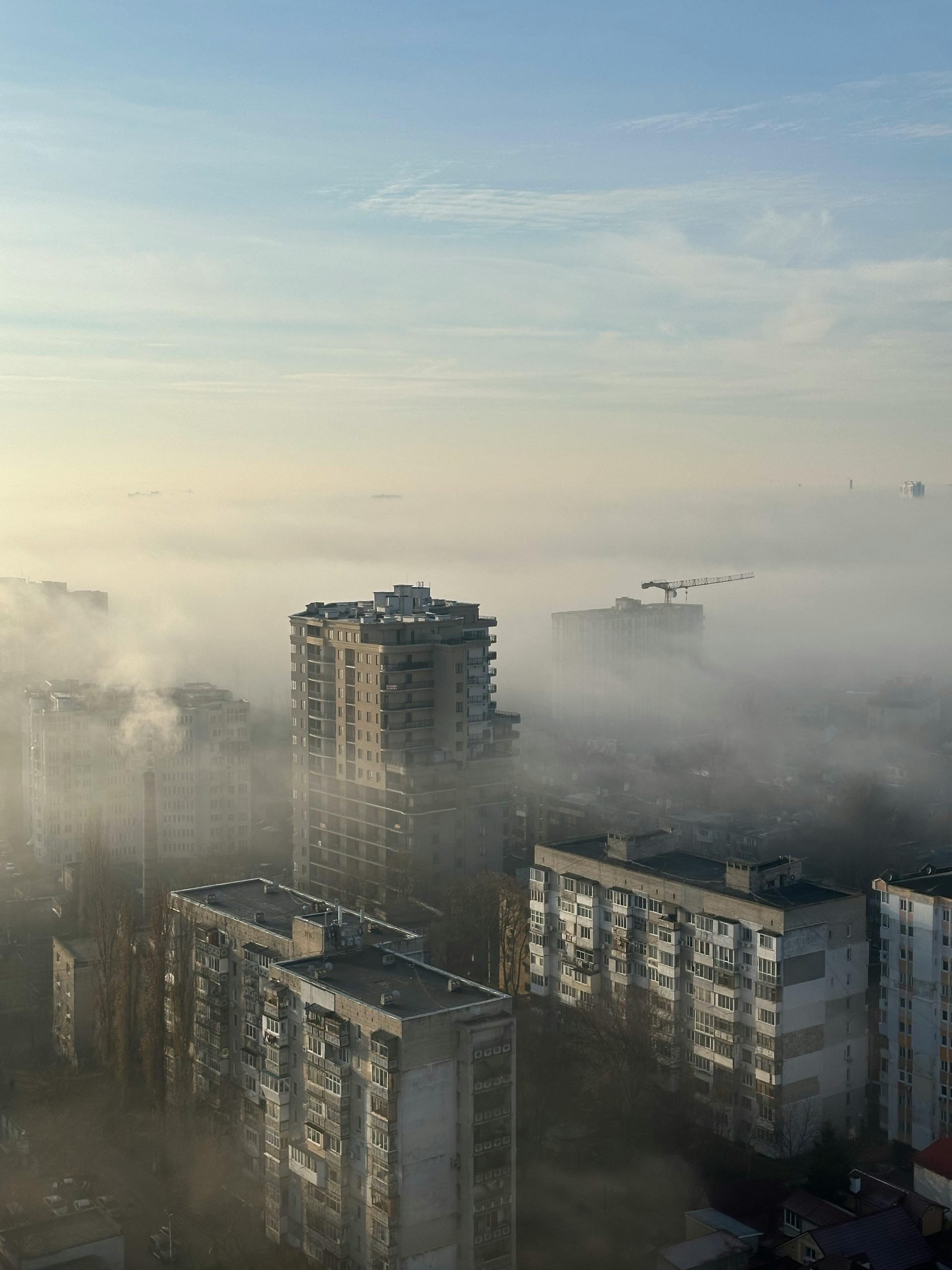Modern housing societies have grown into complex ecosystems, and property maintenance is no longer a background task. In 2025, smart property maintenance is central to smooth RWA operations, resident satisfaction, and asset preservation. This guide will help RWAs understand, implement, and optimize property upkeep using best practices and modern technology.
Why property maintenance matters?
A well-maintained residential community isn’t just more livable it’s safer, compliant with local laws, and retains its real estate value. Regular upkeep reduces the risk of emergencies, fosters a sense of pride among residents, and avoids expensive repairs caused by neglect.
Core categories of property maintenance
| Maintenance Type | Frequency | Typical Tasks | Tech Tools / Tips |
|---|---|---|---|
| Routine Inspection | Monthly | Leak checks, lighting, elevator inspection | Maintenance apps with checklists |
| Preventive Maintenance | Quarterly | HVAC servicing, water tank cleaning | Automated scheduling, AMC tracking |
| Seasonal Maintenance | Biannually | Gutter cleaning, pest control, waterproofing | Reminders before monsoon/winter seasons |
| Emergency Repairs | As needed | Electrical faults, plumbing bursts | Real-time ticketing + vendor database |
Key areas to focus on
1. Structural Integrity
Check roofs, walls, and basements for cracks, leaks, or dampness. Schedule professional audits every 2 years to identify early signs of damage.
2. Electrical & Plumbing Systems
Ensure safe wiring, functional lighting, and operational lifts. Water motors, tanks, pipes, and STP systems need periodic checks to prevent outages and overflow.
3. Fire & Safety Equipment
Conduct quarterly fire drill simulations. Maintain extinguishers, hydrants, smoke detectors, and CCTV systems.
4. Common Area Cleanliness
From corridors to clubhouses and stairwells, schedule regular cleaning. Deep-cleaning should be done seasonally for hygiene.
The role of technology
Modern RWAs can no longer rely on paper registers or WhatsApp messages for tracking repairs.
Smart maintenance tools now include:
- Digital complaint logging systems with SLA tracking
- Vendor management modules for contract compliance
- Auto-escalation workflows for delayed tasks
- Real-time resident feedback
- AMC auto-reminders
- Tally integration for budgeting and expense tracking
Case study: How smart maintenance helped Elita Promenade, Bengaluru
In 2023, Elita Promenade adopted Mygate’s maintenance module after facing repeated delays in issue resolution. Over a 6-month period:
- Complaint resolution time dropped by 75%
- Financial tranparancy become full visible from limited visibility.
“When I joined as a treasurer, I realized just how complex accounting can be. Mygate’s accounting features made a huge difference helping us track accounts, dues, assets, vendor management, and generate detailed reports. The one feature I feel is invincible is Mygate’s invoicing feature in particular. It has streamlined financial management and made it much easier for me to oversee everything with clarity and confidence.”
Pavan Sharma
Treasurer
Best practices for RWAs
- Create an annual maintenance calendar
- Track costs vs. budgets every quarter
- Use apps with multilingual support for staff
- Audit completed jobs monthly using digital logs
- Encourage residents to log feedback digitally
Conclusion
Property maintenance is no longer just janitorial work. In 2025, it requires strategy, tools, and proactive management. RWAs that invest in smart maintenance systems not only reduce emergencies and legal risk, but also improve quality of life, community pride, and property value.


